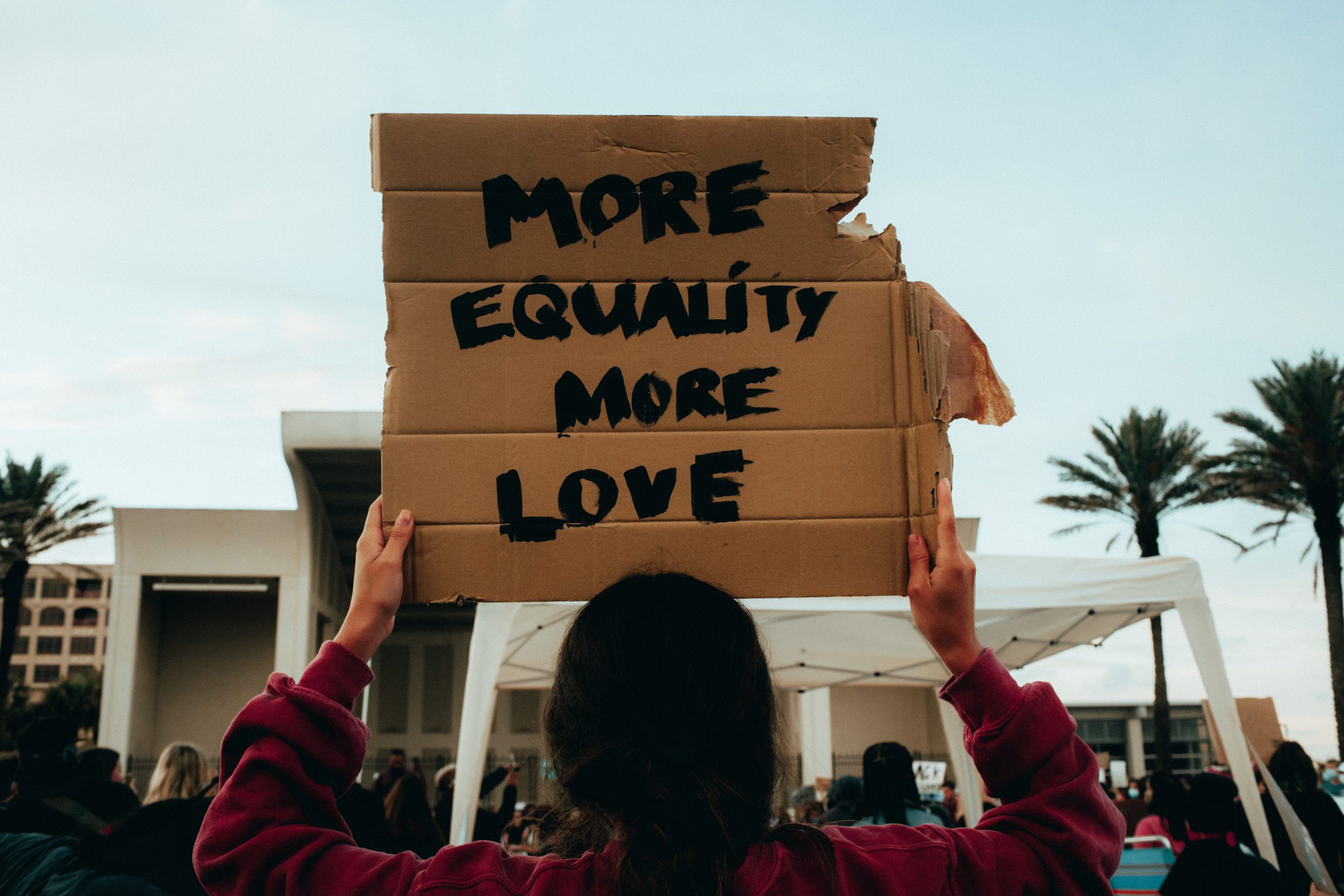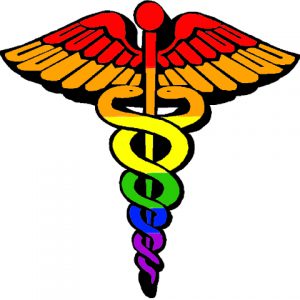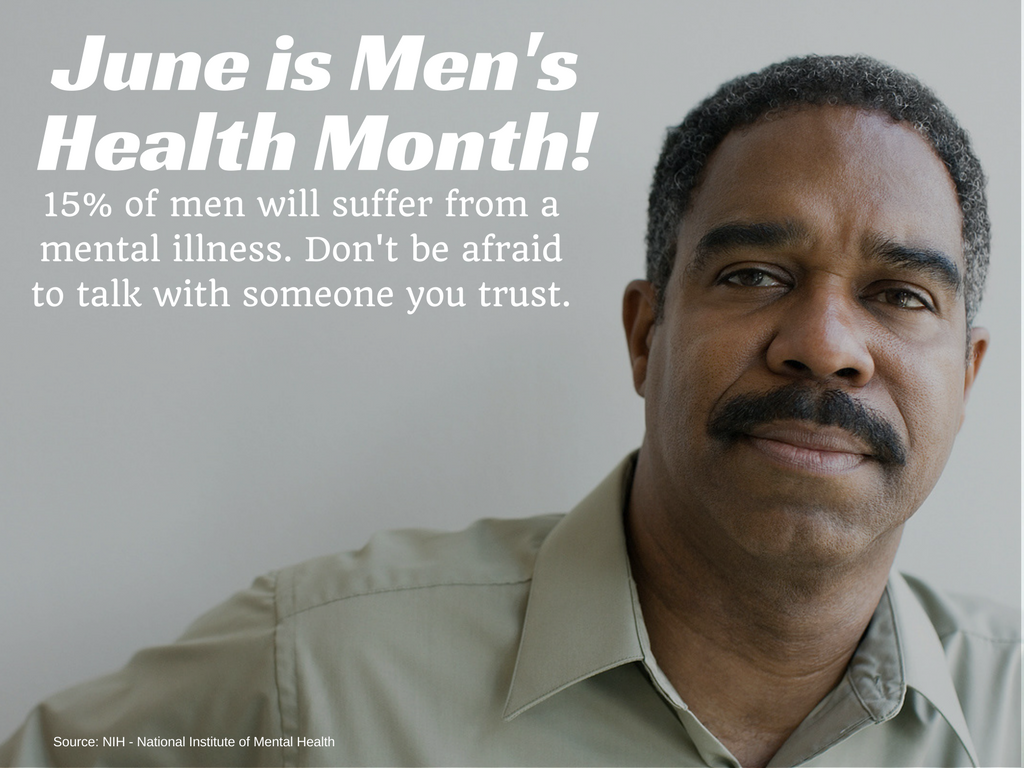Last Updated on February 19, 2021
Social justice is the concept that all individuals deserve equal rights and opportunities — including the right to health. Inequities remain in healthcare that are avoidable, unnecessary, and unjust. These inequities are the result of established policies and practices that maintain an unequal concentration of money, power, resources, and perceived value within society among communities based on gender, age, race, ethnicity, religion, culture, country of origin, or disability. Racism, homophobia/transphobia, and misogyny are all insidious forms of bigotry that have long-reaching effects into healthcare.
The COVID-19 pandemic has exposed and exacerbated the inequities in American healthcare. Long-standing systemic health and social inequities have put many vulnerable people at increased risk of getting sick and dying from COVID-19. Patients of color are more likely to test positive and experience more severe health consequences from the novel coronavirus; more likely to be affected by conditions such as diabetes, heart disease, and cancer that increases their risk; and more likely to work jobs that risk exposure.
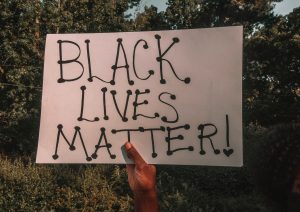
Over 30% of medical expenses faced by patients of color can be associated with health inequities. Black people face disproportionate violence by law enforcement, which greatly affects the public health of their communities. Police interactions perceived as unfair, discriminatory, or intrusive are associated with adverse mental health outcomes, including symptoms of anxiety, depression and post-traumatic stress disorder. Violent policing, criminalization, and incarceration are all threats to health. A social justice approach neither accepts harm as a given nor accepts punishment as prevention.
Lesbian, gay, bisexual, transgender, queer, intersex, and asexual (LGBTQIA) individuals often report avoiding seeking out medical care or refrain from “coming out” to their healthcare provider. Transgender people, in particular, can experience significant barriers with accessing healthcare. Finding a provider who is knowledgeable of transgender health issues can be a hurdle itself. The Biden administration has reinstated many protections for LGBTQIA people that were removed by his predecessor that made it easier for people to be discriminated against at the workplace, at school, in healthcare, housing, and public life.
Women can face difficulty accessing health care depending on where in the country they are, being believed or taken seriously by healthcare professionals, can have their bodily autonomy questioned when seeking certain services, and report forgoing healthcare services more than men. Maternal mortality, women dying of complications of pregnancy or childbirth, is increasing in the United States and is now four to six times higher than in many European countries. The Centers for Disease Control and Prevention (CDC) give a figure of 17.4 per 100,000 births, or 658 women per year, with an enormous racial discrepancy. The rate is 14.7 per 100,000 for white women and 37.1 for black women.
Studies have shown that healthcare professionals may harbor unconscious prejudice towards certain groups, leading to poorer communication and lower quality of care. Discrimination and implicit bias against individuals has been associated with higher rates of psychiatric disorders, substance abuse, and suicide. Experiences of violence and victimization are frequent for people of color, LGBTQIA people, and women and can have long-lasting effects on individuals and their community. Negative experiences with healthcare providers can also discourage those in need from seeking help in the future.
For many, being excluded from access to affordable healthcare can be a barrier in itself to getting a job and escaping poverty. Homeless people face significant barriers when trying to access healthcare and are at high risk for pneumonia, infections, symptoms from exposure, mental illness, and substance abuse. Lack of affordable healthcare on its own can contribute to homelessness. For families and individuals who struggle to pay rent, a serious illness or disability can lead to a downward spiral into homelessness; one could lose their job due to inability to work, deplete their savings to pay for healthcare, and eventually be evicted from their homes with reduced or no income.
Immigrants face particular health concerns, yet access healthcare services less than people born in the United States. In many regions, immigrant communities have less access to healthcare or things like workers compensation despite the fact that they have occupational injury rates roughly five times higher than the national average. The Trump administration implemented a “public charge” rule that requires legal immigrants to have health insurance or prove they can pay for future medical expenses. The change dramatically increased the likelihood that lawfully present immigrants and their families will forego health and nutrition benefits to avoid negatively impacting their immigration status, and threaten immigrants’ overall health by effectively denying them access to health insurance through Medicaid. President Biden has taken steps to rescind the harmful changes.
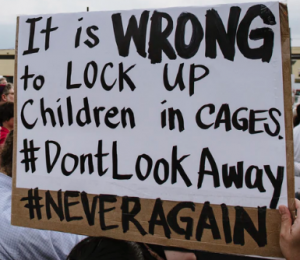
Thousands of undocumented immigrant children were separated from their parents/families under the Trump administration’s “zero tolerance” policy and now face risk of profound physical and emotional health problems. The conditions in which immigrants are held have been compared to torture facilities or concentration camps, and doctors reported being denied entrance to administer free flu vaccinations to the confined and vulnerable people in detention. In some cases, children had confidential information shared with therapists weaponized against them by Immigration and Customs Enforcement (ICE) in deportation hearings. Thousands of children were ripped away from their parents with little to no method or plan to ever reunite many of the families. President Biden has formed a taskforce to reunite hundreds of children separated from their families, but conditions remain largely unchanged for those in detention a month into the new administration.
NeedyMeds’ mission is to educate and empower patients in need, with a vision of affordable healthcare for all. Our mission is tied inseparably to social justice and the endeavor of abolishing inequalities.
NeedyMeds has almost 100 disease-specific resource sites for many conditions — Diagnosis Information Pages — including those that disproportionately affect Black patients. Our website has a database of over 17,000 free, low cost, or sliding scale clinics, more than 6000 of which offer women’s health services including almost 500 Planned Parenthood locations. Search your ZIP code for clinics in your area, and find Women’s Health in Services under the Details heading to find free or low-cost medical attention. There are also nearly 6000 free/low-cost clinics listed that offer mental health services. NeedyMeds has a growing list of programs in our Diagnosis-Based Assistance database for transgender people that offer various forms of assistance such as financial aid or legal services to LGBTQIA individuals who experience barriers in accessing healthcare. The free NeedyMeds Drug Discount Card can be used by anyone to help save money on their prescribed medication — even over-the-counter medicine that’s been prescribed by a doctor — regardless of immigration status. The card is available physically via mail, in a printable form, or as a smartphone app for Apple and Android devices. For more help finding information, call our toll-free helpline Monday-Friday 9am-5pm Eastern Time at 1-800-503-6897.

